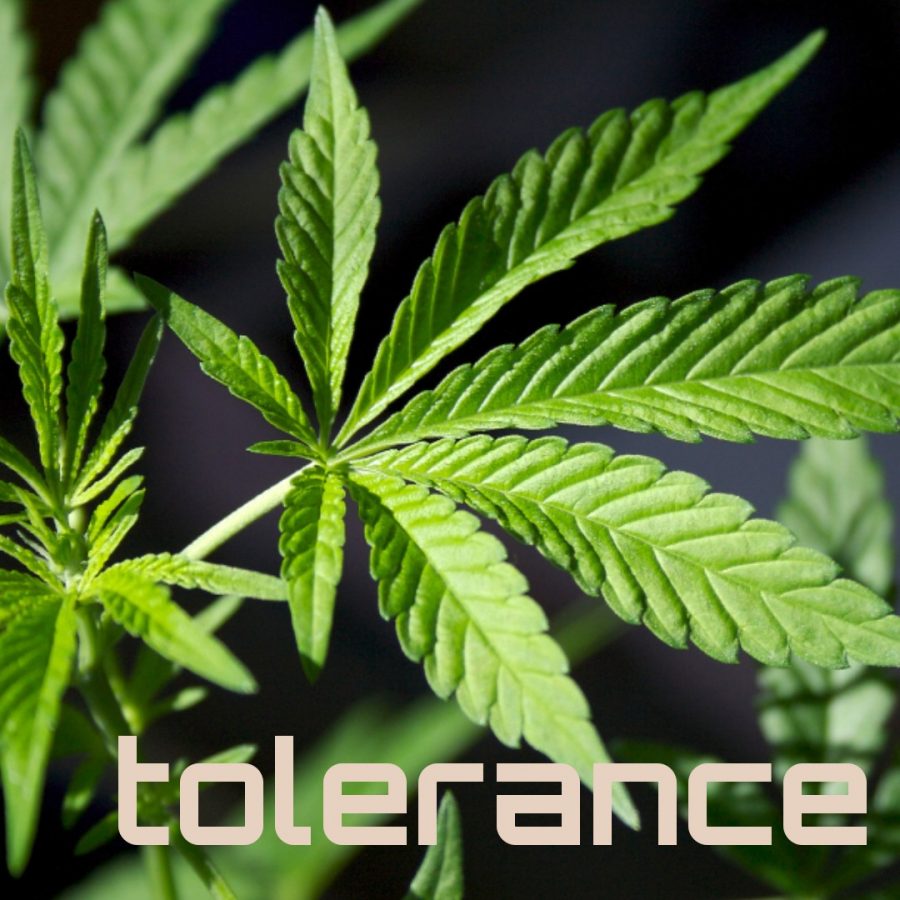Study: Neurobiological mechanisms that influence cannabis tolerance
A brand new study into cannabis tolerance has unveiled some fascinating findings — plant tolerance is dependent on circuitry activities within the brain. Researchers from Maastricht University discovered that neurometabolic alterations in the brain’s reward circuitry are responsible for making consumers develop a tolerance to the drug.
The findings of the study titled, “Reduced responsiveness of the reward system is associated with tolerance to cannabis impairment in chronic users” were published in the journal Addiction Biology. Researchers were motivated to conduct their investigation as a means of clarifying specifically why the acute effects of cannabis may arise in some consumers.
PhD university candidate and the study’s corresponding author, Natasha L. Mason, noted that high tolerance levels result in less impairment. This is understandable, since first-time consumers tend to experience stronger side effects. While this information might not necessarily be new to seasoned smokers and scientists, the underlying connection with neurobiological mechanisms has not been identified… until now.
“These neurobiological mechanisms are important to elucidate, both in the context of therapeutic use of cannabis-based medications (e.g. deciding on dose in long-term treatment), as well as in the context of public health and safety of cannabis use when performing day-to-day operations (e.g. developing traffic laws),” Mason said.
Study on cannabis tolerance shows significant differences in impairment between regular and irregular consumers
As cannabis consumption increases on a global scale – approximately four percent of the global population are believed to be consumers – so does the frequency of use. This means that more research is required to determine the long-term effects and how regular use may differ from irregular consumption.
“Due to a changing legal landscape, and rising interest in therapeutic utility, there is an increasing trend in (long-term) use,” said Mason. She authored the study alongside Nadia R.P.W. Hutten, Desmond H.Y. Tse, Stefan W. Toennes, Jacobus F.A. Jansen, Peter Stiers, and Johannes G. Ramaekers.
Mason and her team were satisfied with the results of the double‐blind study, which saw 12 frequent cannabis consumers be administered with the drug or a placebo. Once the drug/placebo was given to study subjects, they underwent brain imaging scans and assessments to determine their attentional lapses, reaction times and subjective high.
A major contrast was noticeable between frequent cannabis consumers who used the plant at least four times weekly and consumers who used cannabis three times weekly or once monthly. The researchers say that functional connectivity reductions in the brain’s reward circuitry occurred in occasional cannabis consumers. Conversely, chronic consumers demonstrated no such changes.
“In the occasional users, we found that cannabis altered reward system circuitry in the brain, which was associated with our behavioral measures (increased feelings of high and decreased sustained attention). Such changes were absent in the chronic cannabis users, who did not show any brain changes or any cognitive impairment,” Mason explained to PsyPost reporters. “The finding that cannabis altered reward circuitry and distorted behavior in occasional users, but not chronic users, suggests the lack of behavioral response to cannabis intoxication in chronic users arrives from a blunted responsiveness in their reward circuitry, thus identifying a neurobiological mechanism of tolerance.”
Cannabis tolerance study rules out acute effects are “temporary”
The researchers who conducted this clinical trial on cannabis tolerance claim that it is merely “a temporary state of decreased sensitivity to cannabis exposure that dynamically fluctuates across the spectrum of a full-to-no experience of cannabis effects,” as opposed to a “permanent state.” They also noted how fluctuations in the brain’s reward circuitry are dependent on the pattern of cannabis consumption.
“Little is known about cannabis use patterns and motives underlying such patterns among medical and recreational users, and the impact of changes in cannabis use patterns have not been studied in the lab. Thus knowledge on frequency, dose and duration of cannabis use that is needed to achieve, maintain or lessen tolerance however is very limited, but will be of importance in the context of cannabis therapeutics and in legal settings when evaluating the impact of cannabis exposure on human function,” the study authors concluded.








